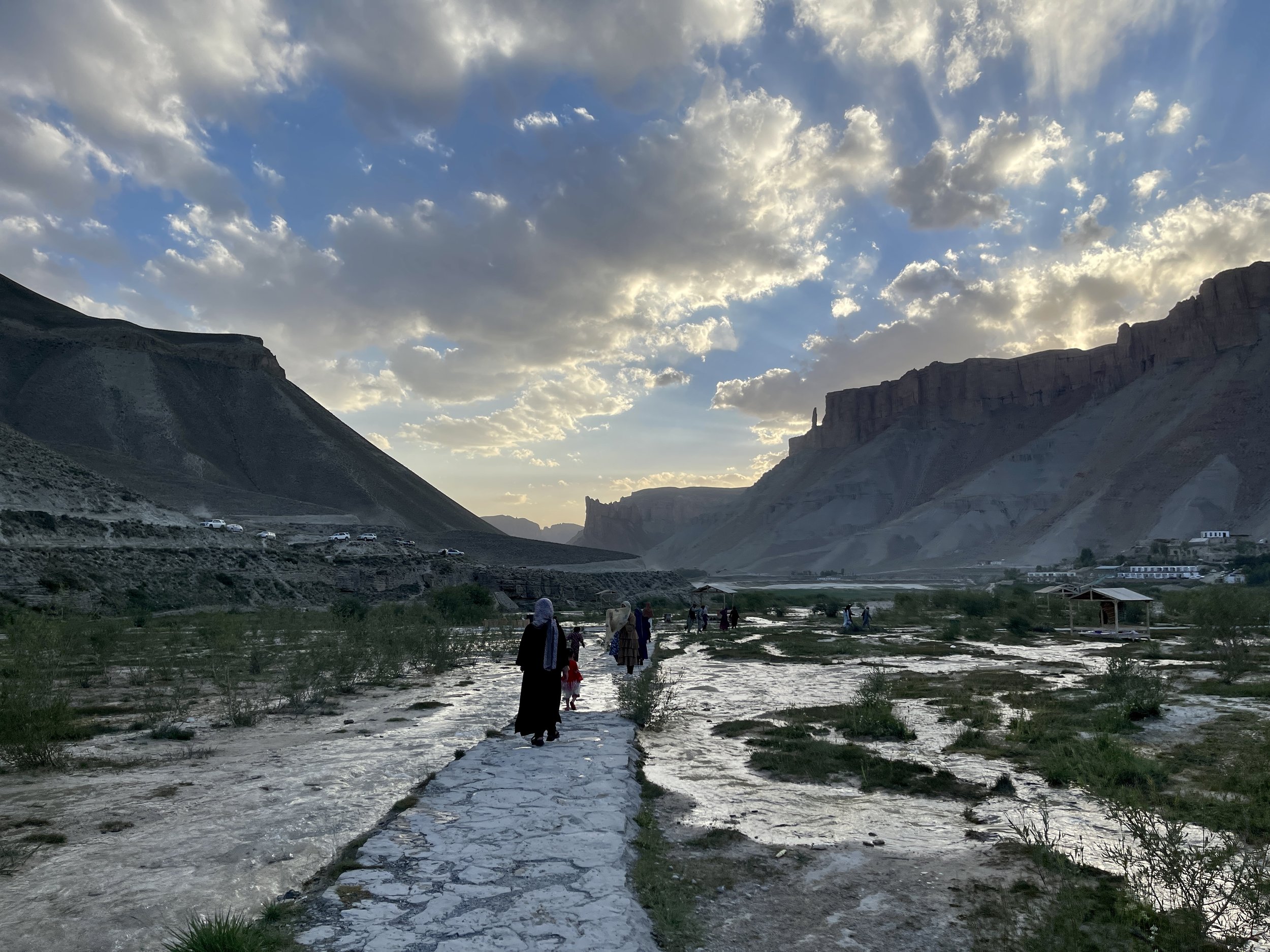Latest /
News & stories
Dive into our latest updates, stories and blog posts. See how community voices are reshaping conversations about aid, justice and accountability.





We will never stop standing up for accountability and justice in times of crisis.
Source: Nigeria, KC Nwakalor

Navigate this crisis by listening to people, not through agency politics
As we reel from the shock of the past week and try to make sense of the humanitarian financing environment, we must work harder than ever to keep community views, priority and agency at the forefront of our work. Listening to communities about what they want and need is more critical now than it has ever been.








‘We are not getting the support we need to lead a better life’: Communities on the front lines of climate change don’t have a say in the help they receive
People on the front lines of the climate crisis in Bangladesh see the assistance they receive as unfair, insufficient and feel responders don’t listen to their views, reveals research released tomorrow by Ground Truth Solutions, the International Centre for Climate Change and Development (ICCCAD) and the International Institute for Environment and Development (IIED).

Modality preferences: Are uninformed choices leading us down the wrong road?
Cash and voucher assistance, or CVA, is a clumsy term. Cash can be spent on anything, while on a scale of choice, dignity and empowerment, community feedback shows that vouchers are far closer to in-kind assistance. Grand Bargain signatories agreed to increase the use of cash and “build an evidence base to assess the costs, benefits, impacts, and risks of cash relative to in-kind assistance and vouchers.” Several donor policy documents show a clear preference for unconditional cash over vouchers or in-kind aid. So why do so many people in crisis regions report preferring vouchers?

Systems change, inside and out
We have always thought that affected people’s opinions about aid should be the indicators of its quality. For ten years, Ground Truth Solutions (GTS) has asked people to share their perceptions of humanitarian assistance, aiming to understand how people view the quality of the aid they receive and helping them influence efforts undertaken on their behalf. We communicate this feedback to policymakers and aid providers with the goal to make affected people’s perceptions a key driver of humanitarian effectiveness, aiming to champion the views of people affected by crisis wherever decisions about aid are made.

‘It is not easy, but one cannot give up’
When it comes to climate change adaptation in affected communities, top-down approaches where international- and national-level decision-makers drive interventions do not work. In recognition of this, efforts to promote locally led adaptation (LLA) have been growing steadily and in August 2022, over 100 organisations endorsed eight core principles to strengthen the movement.

A decade in the trenches of accountability – and so much still to accomplish
Relinquishing the leadership of Ground Truth Solutions (GTS) to Meg Sattler got me thinking about what we have achieved in trying to forge a humanitarian system that is more responsive to the real needs of people it’s meant to benefit.

Accountability is about leadership, not mechanisms. Why we need to stop ‘doing’ AAP
There is a lot of talk about accountability to affected people and a profusion of mechanisms supposed to make it happen, yet there is little evidence of meaningful improvement. After more than a decade of effort, why have we failed to make accountability happen?

Partners not participants: reflections on capacity-strengthening projects in Afghanistan
Reflecting on lessons learned from implementing capacity-strengthening projects with national non-governmental organisations in Afghanistan, Mohammad Rateb Shaheed and Isabella Leyh argue for a significant shift in the ways in which such projects are conceptualised and implemented, recommending a focus on sustainability and a recognition that national NGOs are teachers as well as learners.
